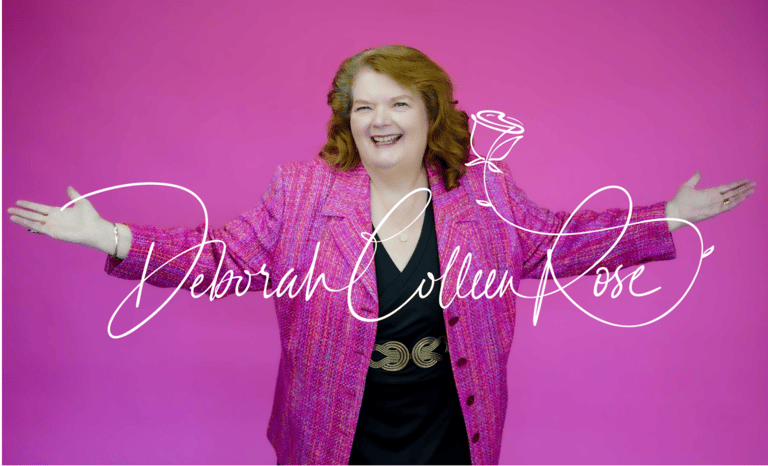Series: Grown-Up Love, Real Love, Strong Love The Myth of the Perfect Safety Net: Why Support Matters (But Not the Way You Think)
Series - Article 4
RELATIONSHIPS
Deborah Colleen Rose
11/12/20252 min read
Series: Grown-Up Love, Real Love, Strong Love
The Myth of the Perfect Safety Net: Why Support Matters (But Not the Way You Think)
People talk about “finding someone who will catch you when you fall” as if love is supposed to be a seamless trapeze act. Two acrobats twirling in the air, reaching for each other, palms perfectly aligned, wrists locked, bodies swinging in choreographed harmony.
Cute idea.
Too bad real life is not Cirque du Soleil.
In reality, safety nets exist for one reason:
To keep you from hitting the ground so hard you can’t get back up.
Not to catch you perfectly.
Not to cushion every bruise.
Not to replace your responsibility to climb, balance, or learn.
And they’re not made of silk.
They’re made of rope — knotty, scratchy, and full of holes.
What a Safety Net Really Is
A safety net isn’t the fantasy of unconditional emotional rescue.
It’s the presence of someone who:
Helps you steady yourself
Holds space for your shaking hands
Doesn’t abandon you mid-fall
Reminds you that you won’t die from disappointment
Knows you can climb out
Believes you’ll do it again tomorrow
A partner’s job is not to prevent every fall.
It’s to stand below with enough stability that you’re not terrified to try again.
That’s all.
Not magic.
Not miracles.
Just steady presence.
Why the Perfect-Safety-Net Myth Breaks People
The belief that a partner should “catch you every time” is relationship poison. It breeds:
Entitlement
Co-dependence
Silent resentment
Unrealistic pressure
Emotional performance
And it convinces people that support should feel effortless and flawless.
But nothing about adulthood is flawless.
Nothing about healing is flawless.
Nothing about love is flawless.
If you demand flawlessness, you’ll overlook the very people willing to stand beside you through the messy parts.
Support Is Not Submission
A healthy partner supports you, yes — but they don’t erase themselves to do it.
Support looks like:
“I’m here. What do you need?”
“I won’t solve it for you, but I’ll walk with you.”
“You’re capable, even when you forget.”
“Let’s find a way through this together.”
“I believe in you enough not to rescue you.”
The myth says: “Your partner should save you.”
Wisdom says: “Your partner should encourage you while you save yourself.”
There’s dignity in that.
There’s growth in that.
There’s balance in that.
And it’s far more loving than becoming someone’s emotional life raft.
The Emotional Holes Are the Teacher
Those metaphorical holes in the safety net — the spaces where you feel the wobble, the fear, the vulnerability — they’re not flaws.
They’re what keep you learning:
Where your self-sufficiency needs strengthening
Where your boundaries need reinforcing
Where your coping skills need updating
Where your trust is shaky
Where your faith in yourself is wearing thin
If the safety net had no holes, you’d never learn to balance.
You’d never build emotional muscle.
You’d never strengthen resilience.
And you’d never understand your own capacity.
A Partner Is a Companion, Not a Crutch
Healthy love doesn’t make you smaller.
It doesn’t strip you of agency.
It doesn’t rescue you into helplessness.
It walks beside you as you expand.
Neither of you above the other.
Neither of you carrying the other.
Both of you choosing to grow — separately and together.
The Real Invitation
Stop looking for someone who will save you.
Start looking for someone who will support you —
not by fixing your life,
not by catching your every fall,
but by standing close enough that you know you’re not alone as you rise.
A real safety net isn’t perfect.
But it’s present.
It’s sturdy.
It’s honest.
It’s human.
And that’s enough.
